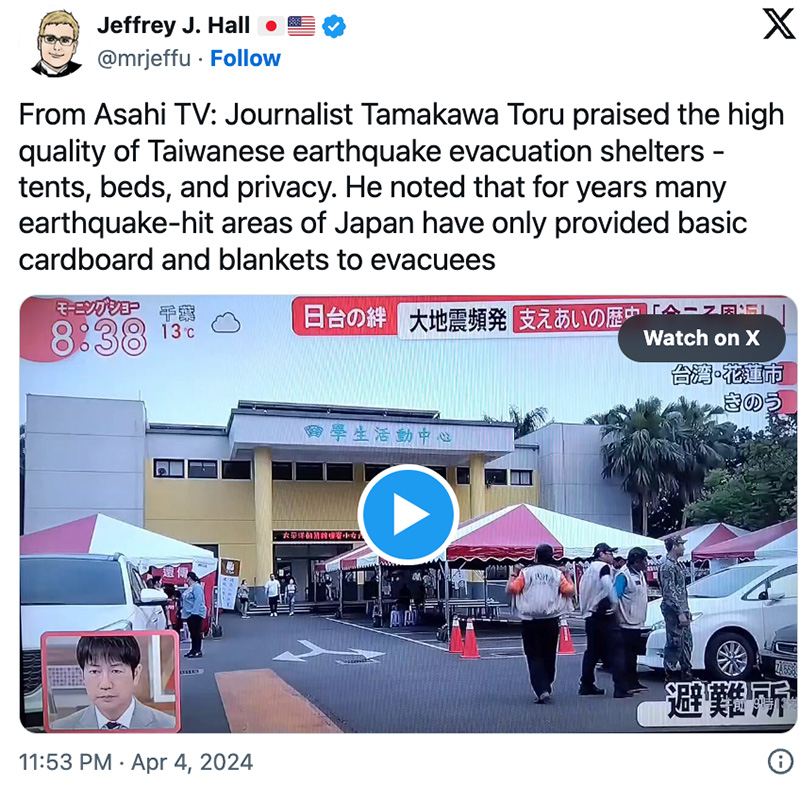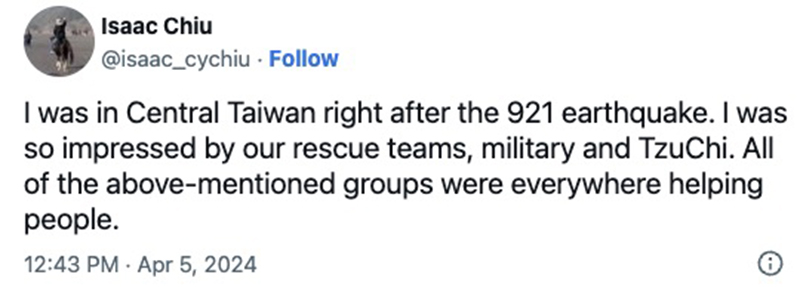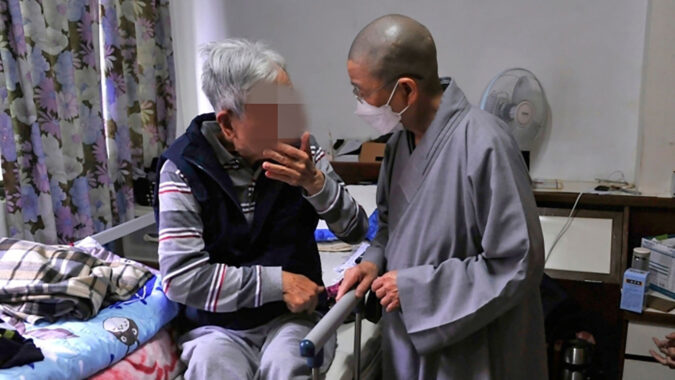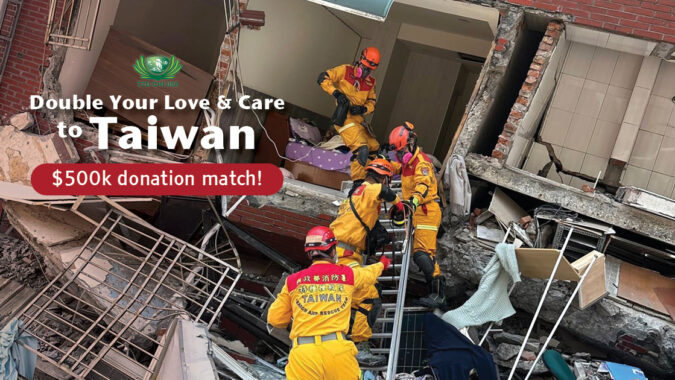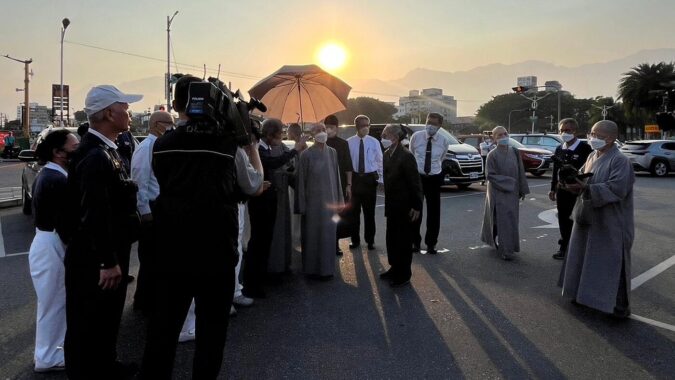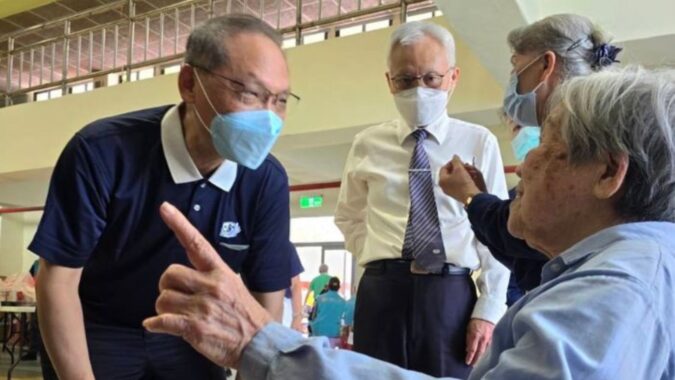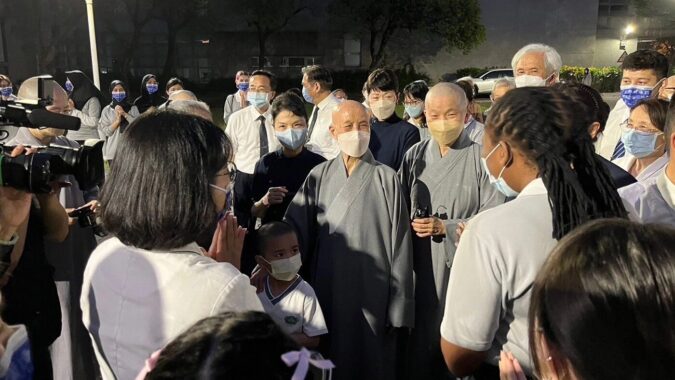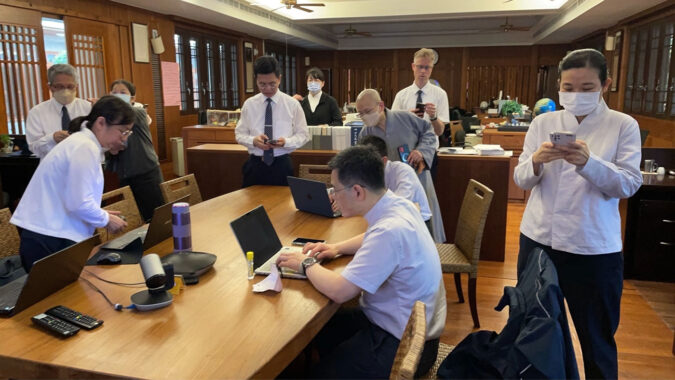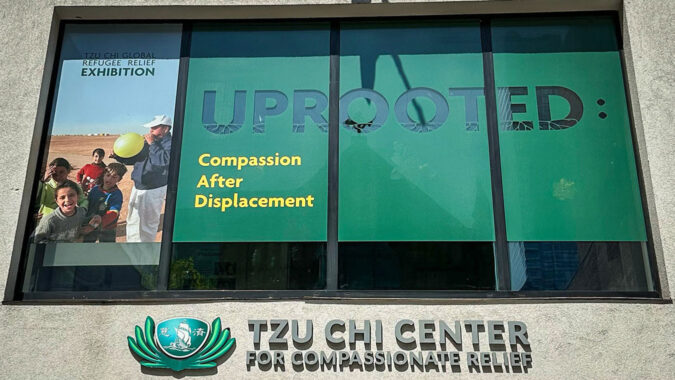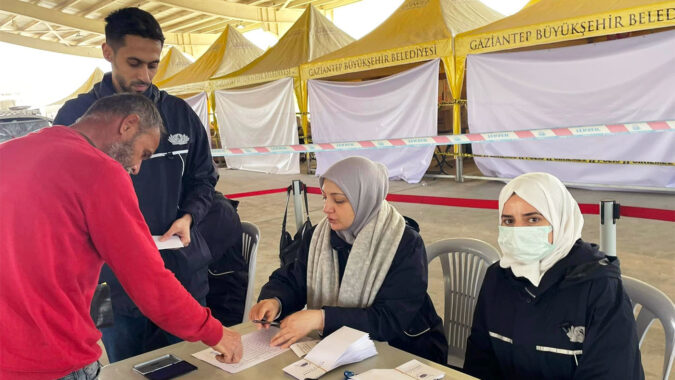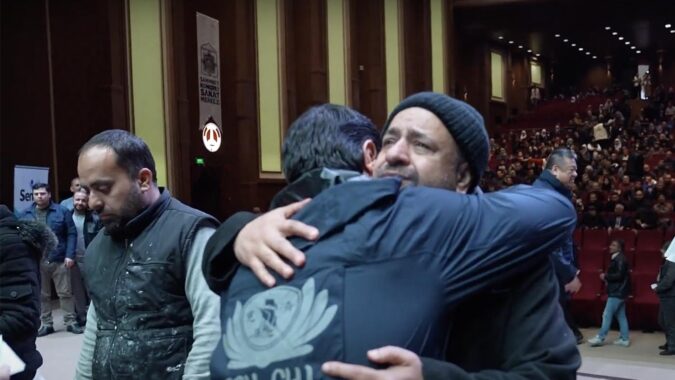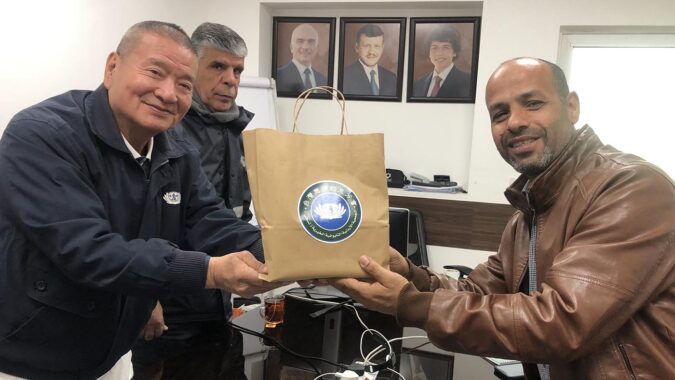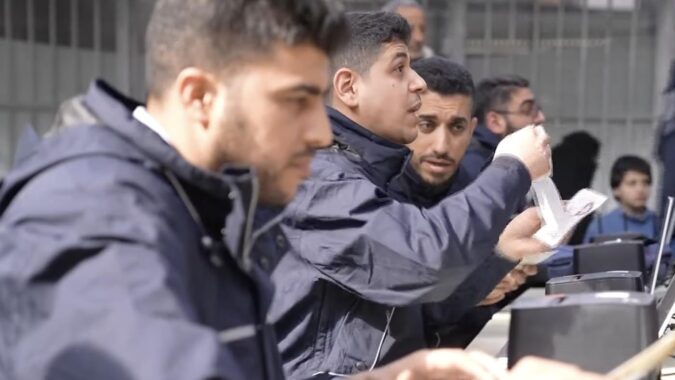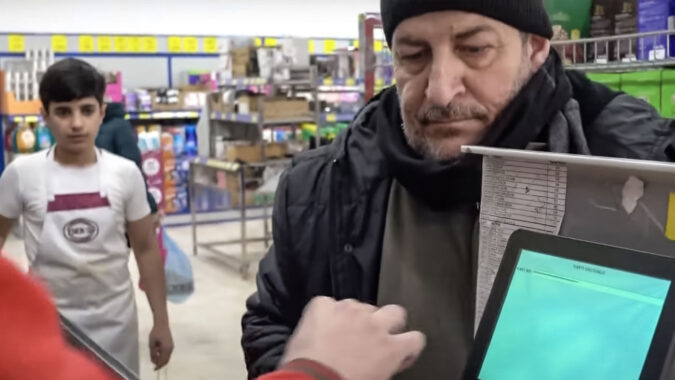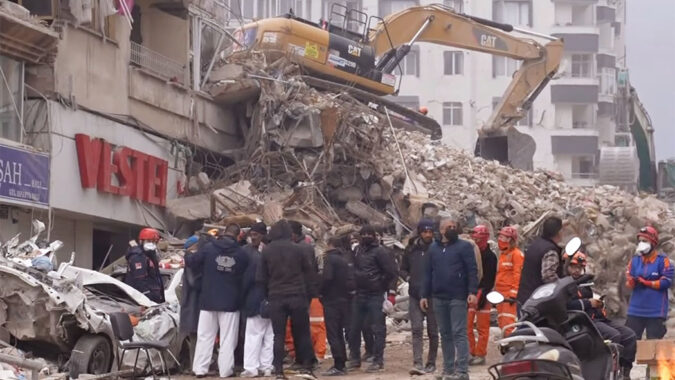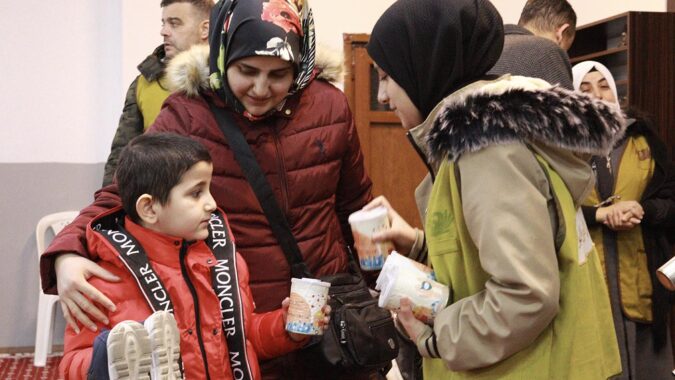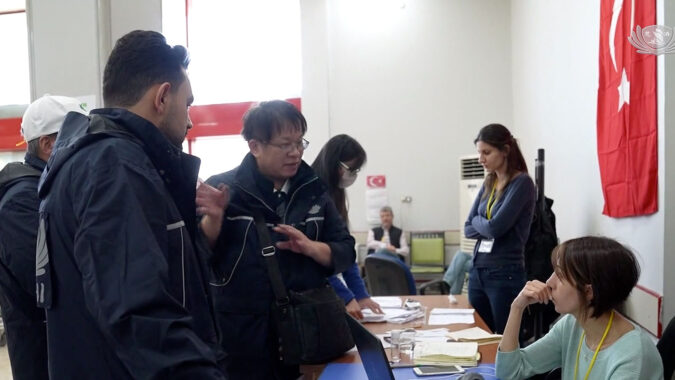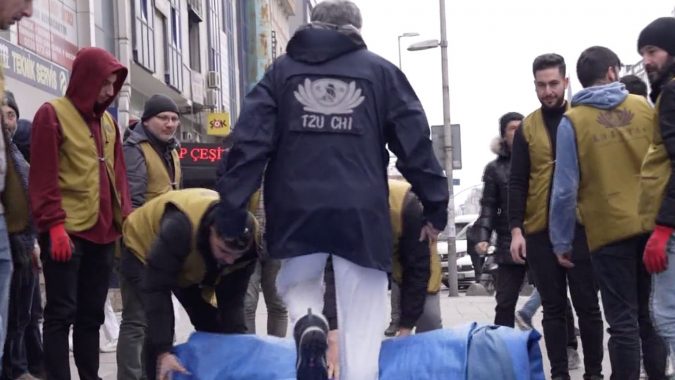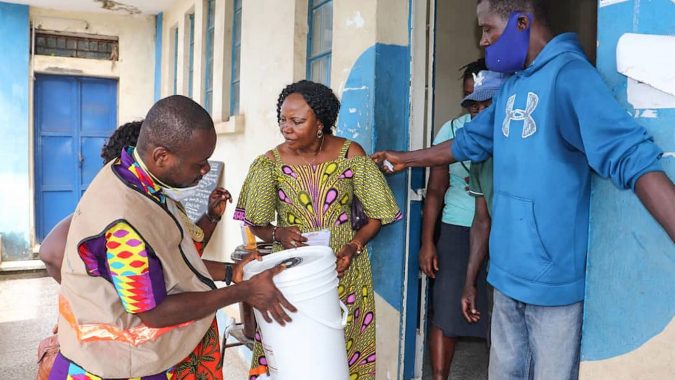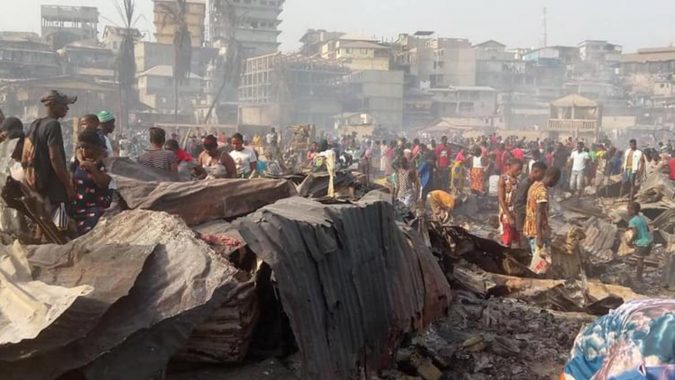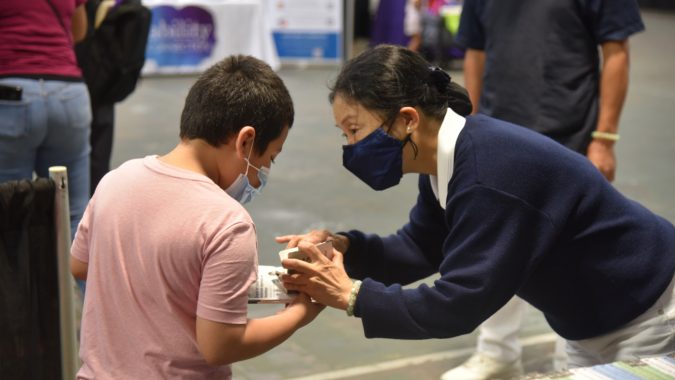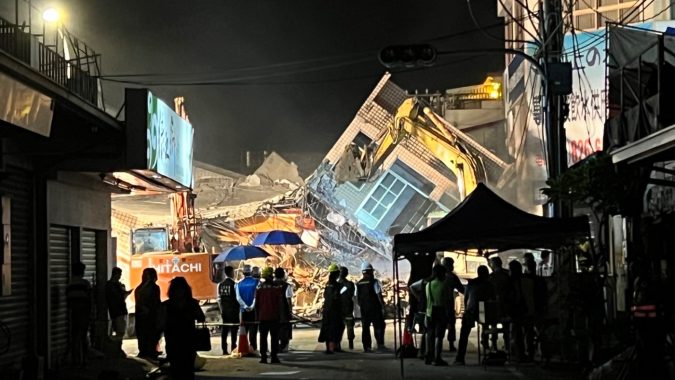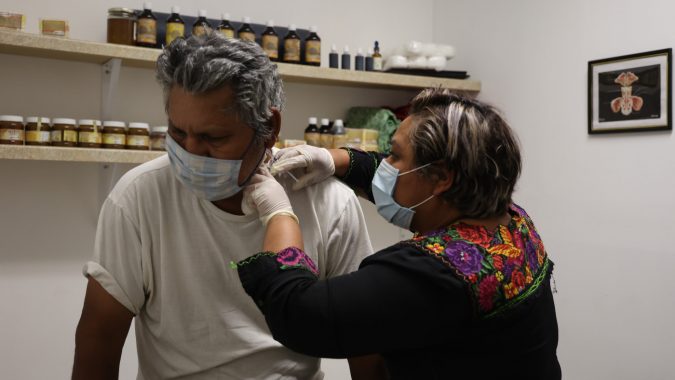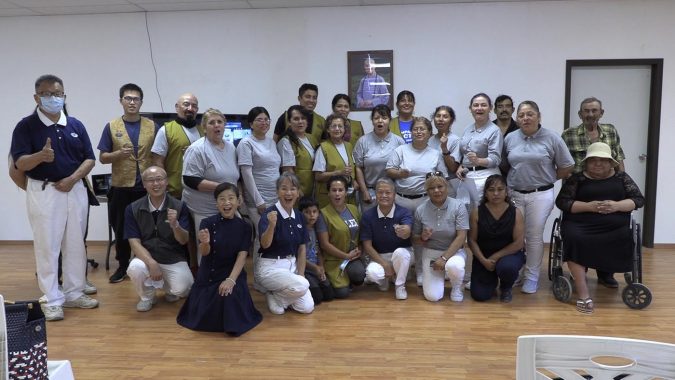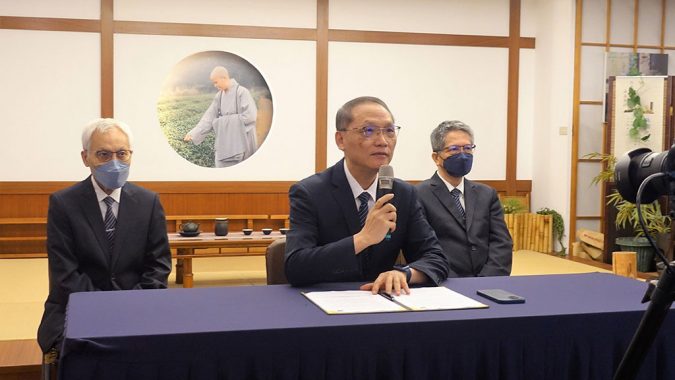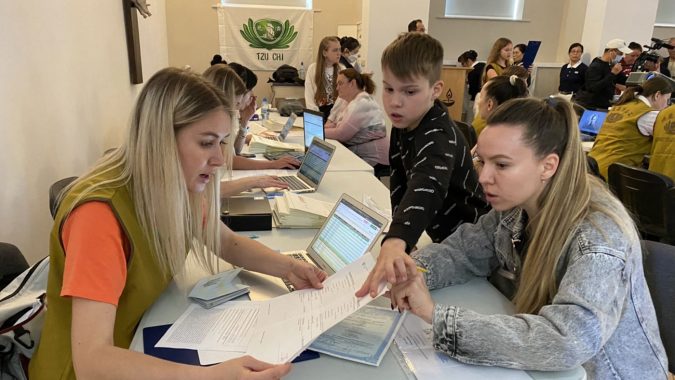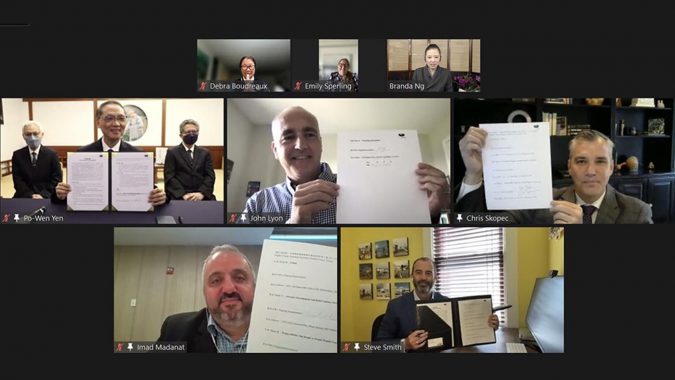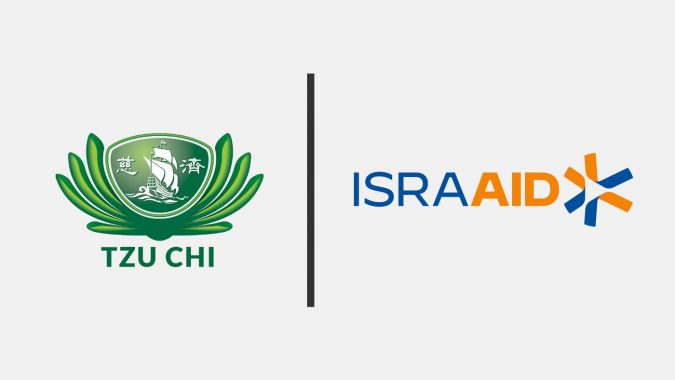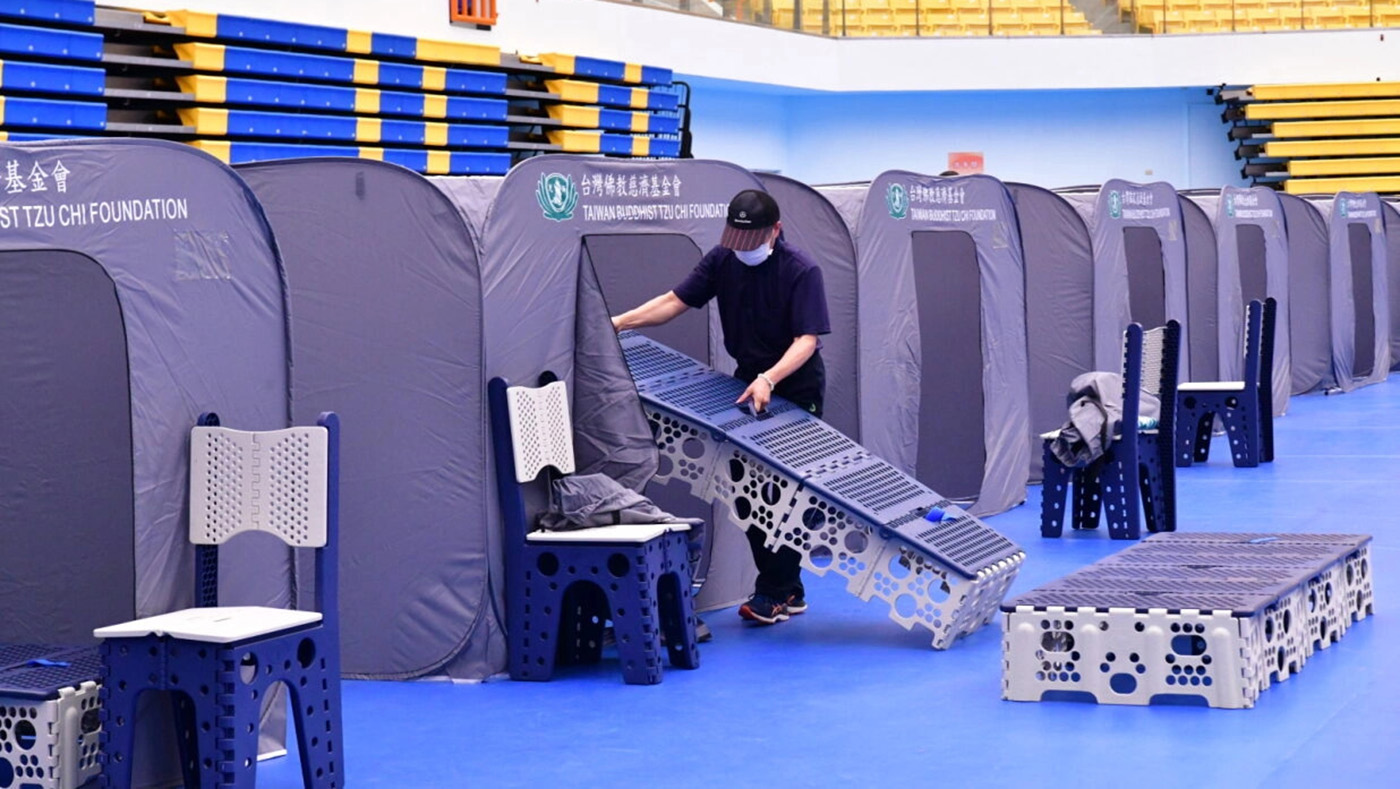
Written by Dilber Shatursun
In the wake of the 7.4 magnitude earthquake that struck Taiwan just days ago (including triggering tsunami warnings in Japan, the Philippines, Hong Kong, Singapore), the incident’s disaster response illuminated a unique phenomenon: that Taiwan and, in particular, Tzu Chi, seem to have been exceptionally ready for this moment. Here are some reasons why.
In 1999, a deadly 7.3 magnitude earthquake, known as the 921 earthquake, killed more than 2,415 people and spurred the collapse of more than 51,000 structures, with another 53,000 partially collapsed. This prompted sweeping changes to building codes and strengthened disaster management practices across Taiwan.
At the same time, Taiwan is precariously situated at the crossroads of two tectonic plates, the Philippine Sea Plate and the Eurasian Plate. Many earthquakes that occur in this region happen along Taiwan’s eastern and more rural coast where Hualien—and the Buddhist Tzu Chi Foundation’s global headquarters—is located. High alert in this area has prompted a greater emphasis on disaster preparedness, especially on the part of Tzu Chi.
But, back in 2018, this was all put to the test when Taiwan experienced a similar tragedy: a 6.2 magnitude earthquake in Hualien, which killed 17 and injured another 300. Then, Tzu Chi volunteers, who frequently carry out disaster relief, charity, medical missions and more, realized that survivors who were relegated to temporary shelters had little to no privacy.
To offer survivors more dignity, they devised easy-to-set up tents at the time, replete with four walls, a zippered door opening, but no roof to provide air flow. According to an interview with the New York Times, Tzu Chi Relief volunteer Huang Yu-Chi, explained Tzu Chi’s expertise was only getting more nuanced with every disaster: “now we’re more systematic and have a better idea of disaster prevention.”
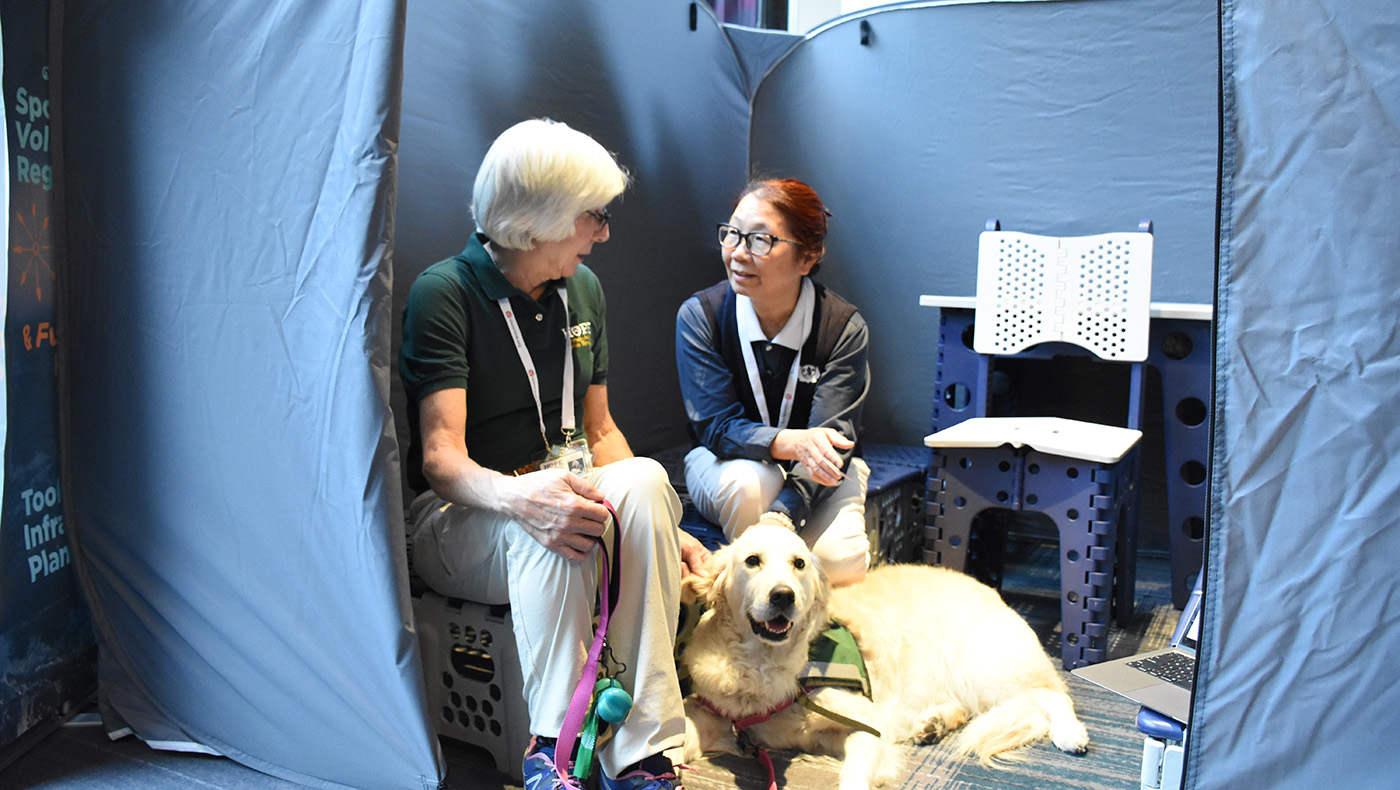
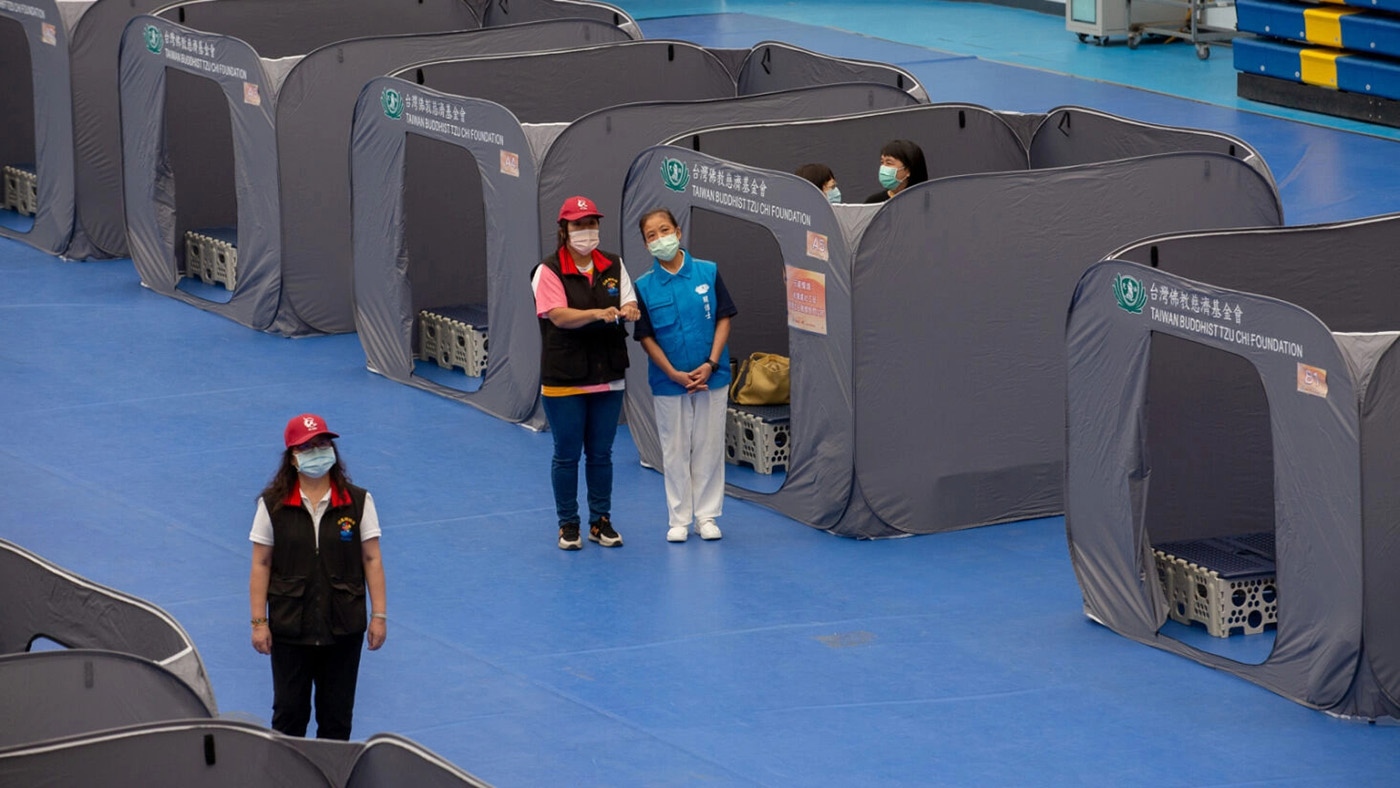
Indeed, while marveling at the organized surroundings, Japan’s Nippon TV News 24 took viewers inside an elementary school in Hualien that’s become a makeshift shelter. There, the reporter showed a peaceful and private scene, filled with orderly rows of Tzu Chi’s signature partitions and temporary beds. Nothing—and no one—was exposed except for common areas.
On X (formerly known as Twitter), Dr. Jeffrey J. Hall (@mrjeffu) shared a clip from Japan’s Asahi TV: “Journalist Tamakawa Toru praised the high quality of Taiwanese earthquake evacuation shelters – tents, beds, and privacy. He noted that for years many earthquake-hit areas of Japan have only provided basic cardboard and blankets to evacuees.”
X user Isaac Chiu (@isaac_cychiu), too, also shared his experience in another earthquake back in 1999: “I was in Central Taiwan right after the 921 earthquake. I was so impressed by our rescue teams, military and TzuChi. All of the above-mentioned groups were everywhere helping people.”
These reports are just some among many. A recent feature in the New York Times have highlighted Tzu Chi’s efficient disaster relief efforts, while CNN brought on Tzu Chi Charity Foundation Vice Chief Executive Officer Dr. Rey-Sheng Her to highlight Tzu Chi’s ongoing disaster relief efforts.
In the interview with anchor Eleni Giokos, he explained that Tzu Chi had activated its disaster response within less than half an hour of the quake to setup a disaster relief service center where they could distribute eco-blankets and emergency financial aid to 350 survivors with the help of 300 volunteers. They also mobilized a cooking team to prepare, pack, and efficiently distribute hot meals.
Publications like Cosmopolitan and Harper’s Bazaar, too, have listed Tzu Chi as a recommended organization to donate to (in company with the International Rescue Committee, the Taiwan Red Cross, and the Taiwan Root Medical Peace Corps). Elsewhere online, YouTubers like Feed Mei Mei (@feedmeimei) have also shouted out Tzu Chi for the same purpose.
Of operations on the ground, Tzu Chi USA Chief Executive Officer Debra Boudreaux explained to ABC7 Bay Area News that in addition to providing emergency supplies and financial aid, Tzu Chi volunteers were also addressing the emotional component of it all. “Mental health, trauma is so critical,” she illuminated; “they need to have somebody to hold on [to], to talk to.”
Yet, for Debra Boudreaux, the Chief Executive Officer of Tzu Chi USA, preparedness is key—no matter where on Earth you are. Offering workshops in disaster preparedness in San Dimas, CA and partnering with Listos California to extend this message with the Family Safety Expo on April 21, 2024, she tells KVCR News’ Anthony Victoria that Tzu Chi USA is actively working to this end: “This kind of thing can happen in our California, in San Bernardino, everywhere. So be ready.”

